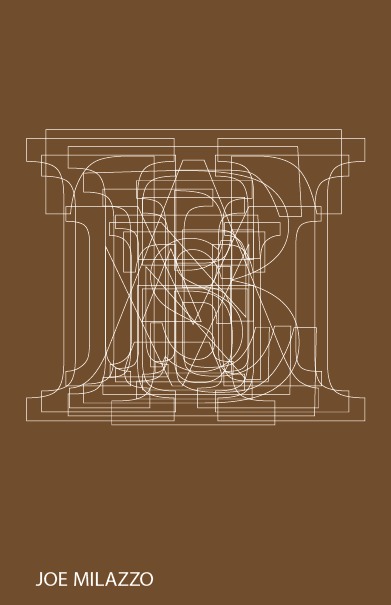
“Artemidorus of Ephesus wrote that dreams are a movement of the soul, giving hints of good things or bad things to come. In THE HABILIMENTS, Joe Milazzo utilizes dream as a method of reentering the past to explain the present, capturing glances of ghosts in fleeting light: ‘I know it, tomorrow I will fall apart into corners and infinitesimals.’ These poems scale and shear the mountains of grief to release those captive spirits and let them live again.”—D. A. Powell "In one domestic/cosmic sequence, THE HABILIMENTS explores the contradictory potentials of lyric poetry—intimate and expansive, broken and fluid, novel as a virus and persistent as a dream. As dreams interrupt, intercut, undermine, and translate the dreaming speaker (does he speak or dream?), we begin to conclude that consciousness is a fabric strung between opposites, beauty an allergic response to irritants. THE HABILIMENTS reminds us that, for all our failings as a species, Poetry is our least obnoxious trait."—Joyelle McSweeney An odd paradox underlies all of the poems in THE HABILIMENTS: the 'habiliments' or 'clothing' of the title refers simultaneously to dressing and stripping bare. The accouterments, costumes, objects, and trappings in which we construct identity are woven into a tapestry of memory, dream, forgetting, and, ultimately, grief. Milazzo uses allusion, antimeria, neologisms, conversions, and logical disruptions, as well as a deep attention to the elusive uncertainties of language to explore how words simultaneously succeed and fail to express emotion, describe reality, or make sense of our relationship with others. Quotidian reality wears a new syntactical and semantic garb as each poem seems to unravel language and a circadian rotation of "dreams": ambiguously of sleep, of aspiration, of nonsense, of the fantastic, or of the banal. If Milazzo's poems are a kind of 'dream song,' they are constructed in radically different ways than John Berryman's (though there are formal echoes of that poet's phantasmagoric layers). In these dream songs, Berryman's angst and sorrow collide with John Ashbery's metaphysics of erosion, Rosmarie Waldrop's semantic drifting, and John Yau's surreal atmospherics.
Author
